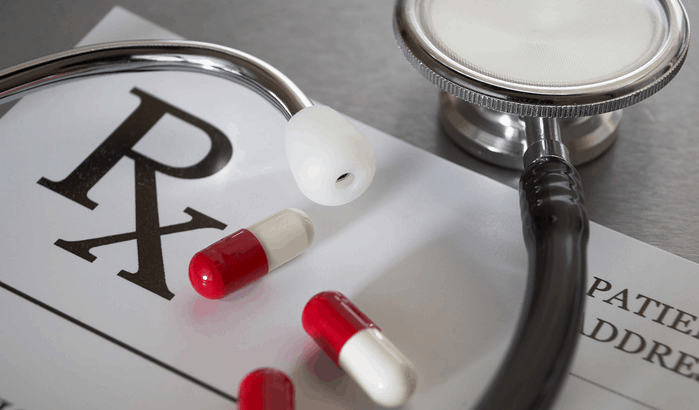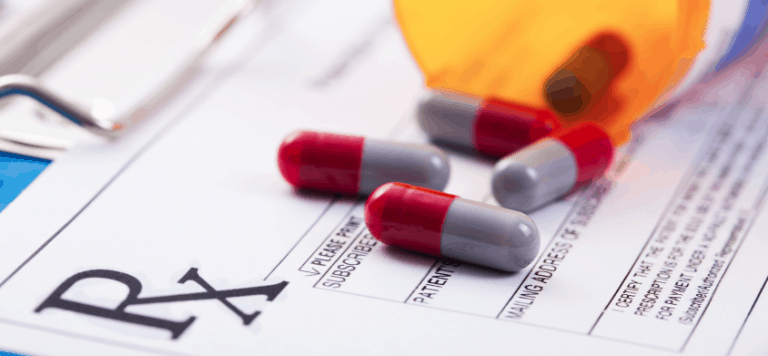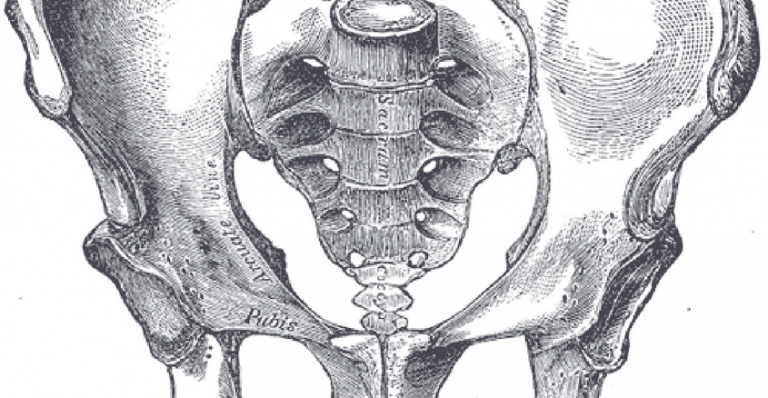Tetracycline (tět’rə-sī’klēn’, -klĭn)
Tetracycline is a broad-spectrum antibiotic used to treat various bacterial infections, including bacterial prostatitis.
Tetracycline Warnings
Do not take this medication to treat a viral infection, as it is unnecessary and will not work to clear the infection. It should only be used to treat bacterial infection.
If you have diabetes, this medication results in false results in certain urine tests for sugar levels. Discuss this with your physician.
Do not drive, operate machinery, or perform any potentially dangerous activity while taking Tetracycline until you are certain you are able to perform such tasks safely, as this drug may make you dizzy.
Limit the consumption of alcohol.
Elderly people should use this medication with caution, as they may be more susceptible to side effects.
Tetracycline may be associated with tooth discoloration in older children and young adults. Discuss this potential side effect with your physician.
Tetracycline and other antibiotics may be associated with diarrhea that ranges from mild to fatal colitis. If Clostridium difficile associated diarrhea (CDAD) is suspected, you may need to stop using this medication. Consult your physician.
Tetracycline may initiate pressure inside the brain, and is usually associated with headaches, blurred vision, nausea, vomiting, and dizziness. Often symptoms decrease once this medication is stopped.
Tetracycline and other antibiotics have been known to cause other infections, such as yeast. If you experience symptoms of a new infection while taking this medication, discuss it with your physician.
Why Is Tetracycline Prescribed for Prostatitis?
Tetracycline may be used to treat chronic bacterial prostatitis to rid the body of infection.
How Should Tetracycline Be Used?
This medication comes in the form of a capsule or as a liquid taken orally.
Tetracycline is normally taken two to four times each day. It should be taken on an empty stomach, at least one hour prior or two hours following a meal. Drink a full eight-ounce glass of water each time you take this medication.
Wait at least ten minutes before lying down after taking this medication.
Do not take this medication with food, particularly dairy products.
Follow your physician’s dose instructions carefully.
If you take this medication in liquid form, shake the liquid well before each use.
Finish the full prescription of tetracycline, even if your symptoms decrease after a few days. If you do not take the entire prescription, your infection could return.
Other Uses for Tetracycline
This antibiotic is used to treat:
- Pneumonia
- Other respiratory tract infections
- Acne
- Skin infections
- Genital infections
- Urinary tract infections
- Helicobacter pylori (stomach ulcers)
- Treatment of Lyme disease
- Prevention or treatment of anthrax after exposure
Do I Need to Follow Special Precautions?
Before taking this medication, inform your physician of any allergies you have, particularly to the following:
- Tetracycline
- Minocycline
- Doxycycline
- Sulfites
Inform your physician of any prescription and nonprescription products you are currently taking, including medicines, vitamins, nutritional supplements, and herbal products. Other medications may interact negatively with this product.
It is particularly important to discuss with your physician if you are taking or plan to take the following:
- Antacids
- Anticoagulants (blood thinners)
- Penicillin
The following may interact with Tetracycline, lessening its effectiveness:
- Antacids
- Calcium
- Iron
- Laxatives with magnesium
Take tetracycline one hour prior or two hours following the use of any of the above products, except iron. Take tetracycline two hours prior or three hours after use of any products containing iron.
Provide your physician with your medical history before taking tetracycline, especially with regard to:
- Diabetes
- Allergies
- Asthma
- Hives
- Kidney disease
- Liver disease
- Difficulties swallowing
- Problems with the esophagus
Before having any surgeries, including dental surgery, inform your doctor or dentist that you are taking this medication.
Tetracycline is associated with skin sensitivity to sunlight. Avoid lengthy exposure to sunlight while taking this medication, and wear protective clothing, sunglasses, and sunscreen while outside. Avoid tanning beds while taking this drug.
To prevent the incidence of ulcers and pain in the esophagus, drink plenty of water during the course of treatment, and do not take Tetracycline at bedtime.
Do not use Tetracycline that has expired, as it may be toxic to the kidneys.
Do I Need to Follow a Special Diet When Taking Tetracycline?
Continue your normal diet, unless otherwise directed by your physician.
What If I Forget a Dose?
If a dose is missed, use the medication as soon as you remember. However, if nearing the time when you are supposed to administer the next dose, skip the missed dose and resume your regular schedule. If a dose is missed, do not double the dose.
Are There Side Effects When Taking Tetracycline for Prostatitis?
Side effects may include the following:
- Stomachache
- Diarrhea
- Itchy rectum
- Mouth pain
- Sunburn
- Skin color alterations
If any of the above side effects persist or worsen, inform your physician promptly.
If you experience any of the following side effects, inform your physician immediately:
- Severe headache
- Blurry vision
- Skin rash
- Hives
- Breathing or swallowing difficulties
- Yellow skin or eyes
- General Itching
- Dark urine
- Light-colored stools
- Loss of appetite
- Vomiting
- Stomach pain
- Extreme fatigue
- Confusion
- Stiffness or swelling of joints
- Abnormal bleeding or bruising
- Diminished urination
- Sore throat
- Fever or chills
Does Tetracycline Have Special Storage Instructions?
This medication should be stored at room temperature away from light and moisture. Keep this medication away from children and pets. Do not store in the bathroom.
Discard this product properly when it is expired. (Do not flush it down the toilet or rinse it down the drain.)
What Do I Do in the Case of an Accidental Overdose?
In case of a suspected overdose, contact an emergency room or poison control center immediately. For a local control center in the United States, call 1-800-222-1222. Canada residents: call a poison control center within your province.
What Else Should I Know About Tetracycline for Prostatitis?
Tetracycline also comes in an antibiotic ointment.







